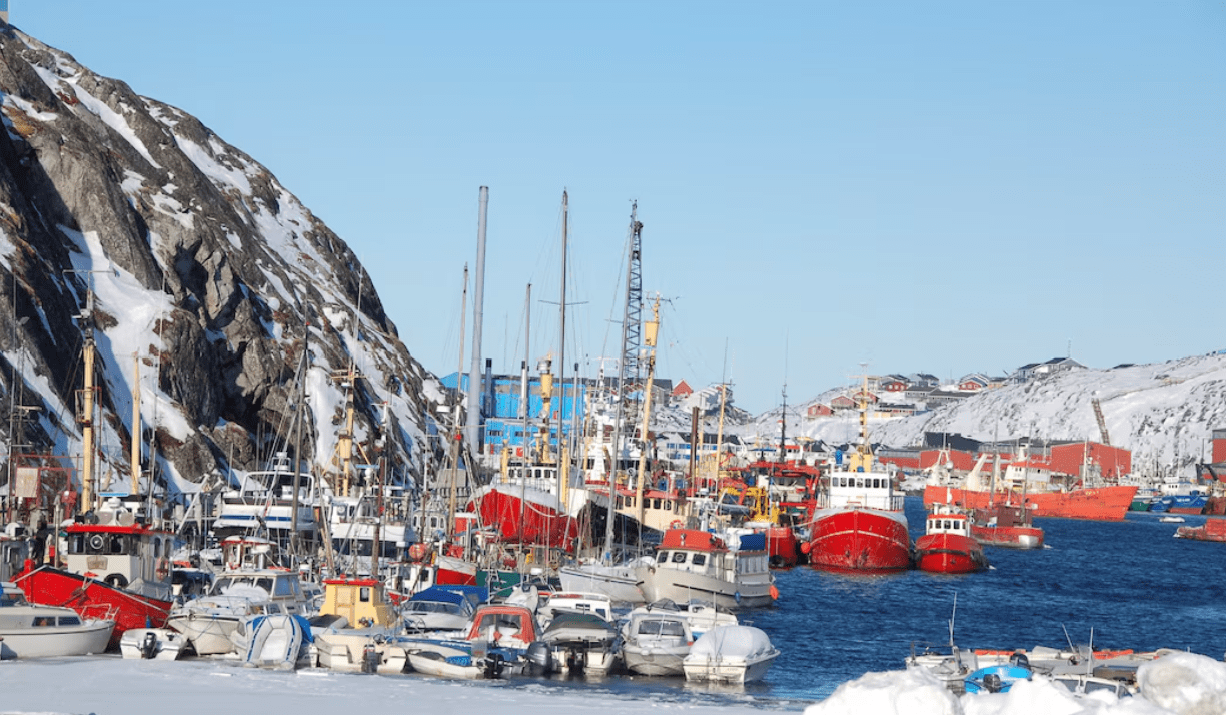The discussions, first reported by Reuters, mark a significant escalation in Washington’s bid to secure rare earth supplies, which are essential for technologies rangingfrom electric vehicles to advanced weapons systems. The talks, still in preliminary stages, involve converting a $50 million Defense Production Act grant into an equity stake estimated at around 8% of Critical Metals Corp (NASDAQ: CRML).
If finalized, this would represent the latest in a series of industrial interventions by the Trump administration, which has already taken stakes in Lithium Americas and MP Materials under its “America First Minerals” initiative.
Strategic Stakes and Arctic Ambitions
The Tanbreez project, located in southern Greenland, contains some of the largest undeveloped rare earth reserves outside China. The site also holds gallium and tantalum, two elements Beijing restricted for export last year — a decision that heightened Western fears over supply chain vulnerability.
Critical Metals bought the deposit last year for $5 million in cash and $211 million in stock, after the Biden administration reportedly lobbied for the sale to a US bidder instead of a Chinese buyer offering a higher price.
The company applied for the Defense Production Act grant in June to fund early-stage work, but talks have since shifted toward giving Washington an equity position rather than a subsidy, according to sources familiar with the matter.
Separately, the US Export-Import Bank (EXIM) is weighing a $120 million loan to finance development and infrastructure for the project, which is expected to enter production in 2026. Once operational, Tanbreez could output 85,000 metric tons of rare earth concentrate annually, becoming a cornerstone of North American supply chains.
Funding Shift and Political Timing
Administration officials have also explored reallocating $2 billion from the CHIPS Act — originally designed to promote domestic semiconductor production — to fund critical mineral projects. The move underscores President Trump’s push to secure strategic resources ahead of the 2026 midterm elections, a broader economic agenda combining industrial policy with protectionism.
“Hundreds of companies are approaching us trying to get the administration to invest in their critical minerals projects,” one senior official told Reuters, confirming the growing appetite for direct government involvement.
Negotiations on the Greenland stake reportedly took a backseat while the White House finalized its 5% stake in Lithium Americas, a key US lithium producer. Despite the ongoing government shutdown, officials involved in the talks have continued work, as they are classified as essential personnel.
Geopolitical and Environmental Dimensions
The deal, if completed, would deepen US influence in Greenland — a semi-autonomous territory of Denmark — where both Trump and Biden administrations have sought to expand economic and military presence. Trump famously suggested purchasing Greenland during his first term, citing its “strategic value.”
Today, that strategy has evolved into investment diplomacy. Vice President JD Vance visited the island in March to promote US-backed mining, while earlier visits by Biden officials aimed to attract private funding.
Tanbreez’s remote Arctic location poses logistical challenges and environmental sensitivities, but its development could mark a turning point for the island’s nascent mining industry. Currently, only two small mines are active in Greenland.
Bottom Line
The Trump administration’s potential move to acquire a stake in Greenland’s largest rare earth project signals a bold expansion of America’s industrial and geopolitical reach into the Arctic.
If successful, it would not only strengthen US control over critical minerals but also mark a new era of state capitalism, where Washington directly invests in strategic industries — blurring the lines between national security and private enterprise.
The US is no longer content to just regulate the global supply chain — it wants to own part of it.
Disclosure: This article does not represent investment advice. The content and materials featured on this page are for educational purposes only.
Related: China and EU Reach Narrow Agreements on Climate and Rare Earths










